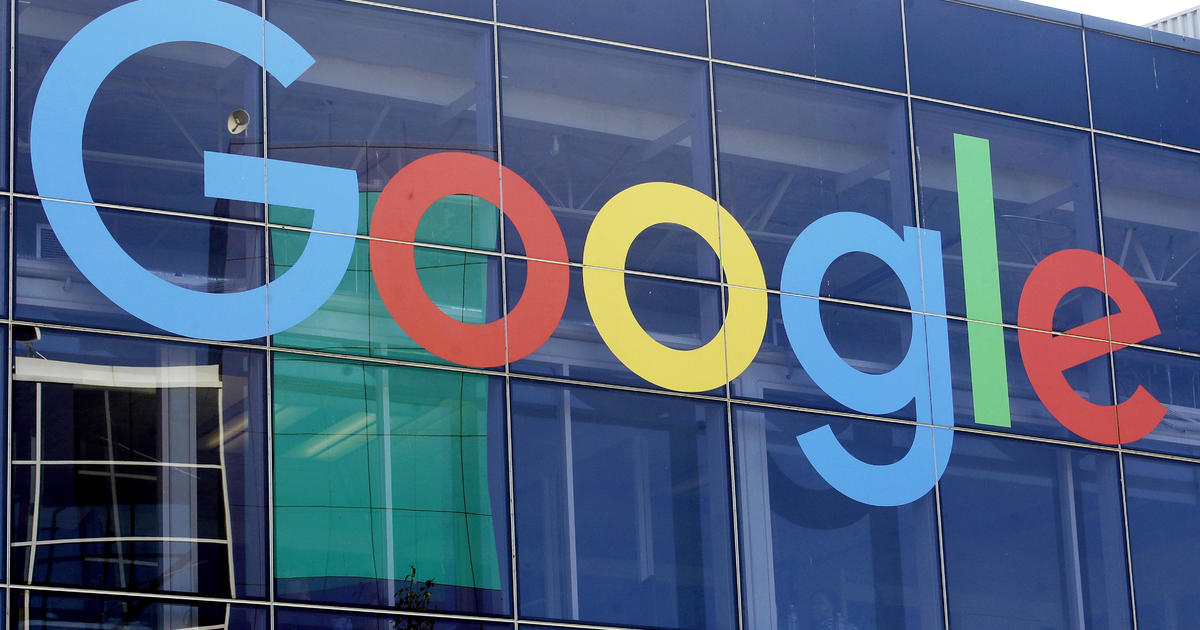3 states and District of Columbia sue Google, alleging it lied about location tracking
Four attorneys general are suing Google, alleging the internet giant manipulated users into handing over personal data and lied about users' ability to turn off location tracking.
The lawsuit, led by Karl Racine, the District of Columbia's attorney general, claims that Google lied to users about how much location data it was collecting, and used "misleading, ambiguous and incomplete" settings to confuse people and trick them into handing over valuable location information. Those tactics are against state consumer protection laws, the suit alleges.
"[S]ince at least 2014, Google has systematically deceived consumers about how their locations are tracked and used and has misled consumers to believe that they can control what information Google collects about them," Racine's office said in a statement. "In reality, there is effectively no way for consumers to prevent Google from collecting, storing and profiting from their location data."
Indiana, Texas and Washington State have filed corresponding lawsuits in their respective courts. It's the fifth antitrust case filed against Google in just over a year — a roster that includes three federal cases.
According to the complaint filed in the superior court of the District of Columbia on Monday, there are at least three account settings that control where Google collects location data: Location History, Web & App Activity and Google Ad Personalization. The three settings collect someone's location independently of each other. Google also collects additional location information from phones that use its Android operating system, and a number of other sources: its Weather app, queries in Google's search engine, and the IP address of particular devices, as the Associated Press first reported in 2018.
For years, the complaint says, Google's support pages told users: "You can turn off Location History at any time. With Location History off, the places you go are no longer stored."
But that was a lie to force users to turn over more of their data, which Google relied on for advertising, the complaint says. It alleges that Google lied to users about tracking until at least 2019 — five years during which it pulled in tens of millions of dollars from Washington, D.C., residents alone.
"Location data is among the most sensitive information Google collects from consumers. Even a limited amount of such data, gathered over time, can expose a person's identity and routines," the complaint says.
Indeed, studies have found that identifying just four locations for an individual is enough to identify that person uniquely. Even less-specific location data can be enough to disclose deeply personal information about someone, the complaint notes, such as their political affiliation, religion, sexual orientation, income or health status. And the ubiquity of Google products makes tracking nearly impossible for consumers to avoid.
The company took in at least $145 billion from advertising last year, according to its financial filings.
The suit is seeking to stop Google from location tracking and return profits it alleged were made from targeted ads.
Google spokesperson José Castañeda denied the AGs' claims, pointing to features Google introduced recently to automatically delete users' old location data as well as to make it less precise.
"The Attorneys General are bringing a case based on inaccurate claims and outdated assertions about our settings. We have always built privacy features into our products and provided robust controls for location data. We will vigorously defend ourselves and set the record straight," Castañeda said in an email.



